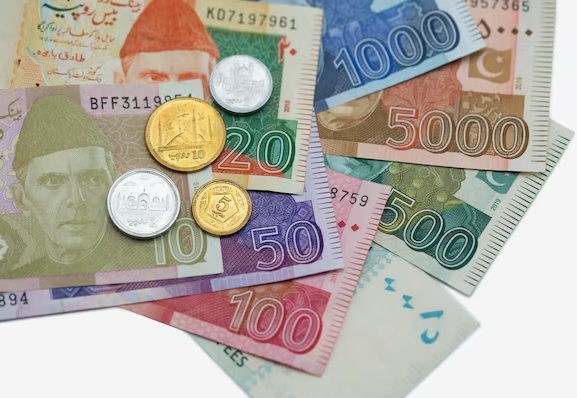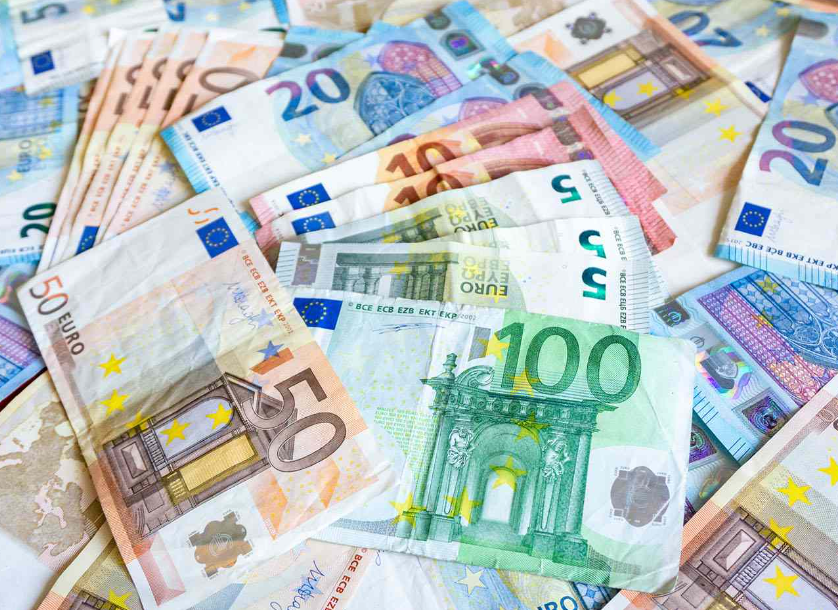Euro, has been adopted as Austria National Currency since 2002. Austria is a central European country that is widely known for its rich cultural heritage, natural beauty, and progressive economy. Since the adoption of the euro, Austria has experienced significant growth and prosperity, making it one of the strongest economies in the European Union. In this article, we’ll take a closer look at the euro, its history, and its impact on Austria’s economy.
Overview of the Euro
The euro is the official currency of 19 out of the 27 European Union (EU) member states, including Austria. It was introduced as a physical currency in 2002 and has since become the second-most traded currency in the world, after the US dollar. The euro is managed by the European Central Bank (ECB), which is responsible for monetary policy in the Eurozone.
History of the Euro
The idea of a single European currency was first proposed in the late 1960s, but it wasn’t until the signing of the Maastricht Treaty in 1992 that the groundwork was laid for the introduction of the euro. The treaty established the European Union and laid out the criteria that countries had to meet to adopt the euro, such as low inflation, a stable exchange rate, and government debt levels below 60% of GDP.
In 1999, the euro was introduced as a digital currency used for electronic transactions. Three years later, it became a physical currency used for everyday transactions, replacing national currencies in 12 EU member states, including Austria.
Advantages of the Euro
The adoption of the euro has brought numerous advantages to Austria’s economy. One of the most significant benefits is the elimination of currency exchange costs and risks for businesses and individuals conducting transactions within the Eurozone. This has made trade between EU member states much easier and more efficient, leading to increased economic activity.
The euro has also provided greater price stability within Austria and the Eurozone. With a single currency, businesses can better forecast costs and prices, and consumers can make more informed purchasing decisions.
Impact of Austria National Currency on Austria’s Economy
Austria’s adoption of the euro has had a positive impact on its economy. Since 2002, the country’s GDP has grown by an average of 2.3% per year, and its unemployment rate has remained relatively low compared to other EU member states. In addition, Austria has benefited from the euro’s strength on the international market, making it easier and cheaper to borrow money.
However, there have also been some challenges associated with the euro. One of the most significant is the loss of control over monetary policy. Because the ECB manages the euro, Austria cannot independently adjust interest rates or exchange rates to respond to economic conditions within its borders.
FAQs
1. Is the euro the only currency accepted in Austria?
Yes, the euro is the only legal tender in Austria.
2. How has the adoption of the euro affected tourism in Austria?
The adoption of the euro has made travel to Austria easier and more convenient for tourists from other EU member states, as they no longer need to exchange currencies. This has helped to boost tourism in the country.
3. Can I use other currencies, such as the US dollar or British pound, in Austria?
While some businesses may accept other currencies, they are not legal tender in Austria and may not be widely accepted.
4. Is Austria a member of the Eurozone?
Yes, Austria is a member of the Eurozone, which is the group of EU member states that have adopted the euro as their national currency.
5. How has the euro affected Austria’s trade with other EU member states?
The adoption of the euro has made trade between EU member states, including the simplification of transactions and the elimination of currency exchange costs and risks. This has led to an increase in economic activity and trade between Austria and other EU member states, contributing to the country’s overall economic growth.
Conclusion
The adoption of the euro as Austria’s national currency has had a significant impact on the country’s economy, bringing numerous benefits and some challenges. The elimination of currency exchange costs and risks has made trade within the Eurozone easier and more efficient, leading to increased economic activity and growth. However, the loss of control over monetary policy has limited Austria’s ability to respond to economic conditions within its borders. Overall, the euro has played a key role in Austria’s success as one of the strongest economies in the EU.
References
- “The euro: our currency”. European Central Bank. https://www.ecb.europa.eu/euro/our-currency/index.html
- “Eurozone: Definition, Countries, Members, Effect on the U.S. Economy”. The Balance. https://www.thebalance.com/eurozone-definition-countries-members-effect-on-us-economy-3306082
- “Austria”. World Bank. https://data.worldbank.org/country/austria

